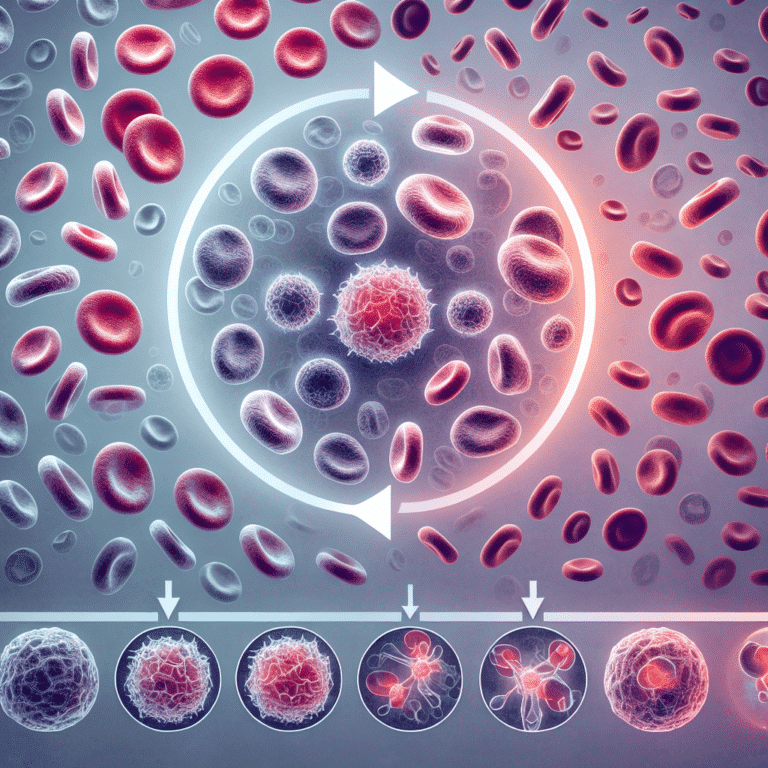Summary
- In a recent study, distinct serum metabolites were investigated for their potential roles as markers of seizures in patients with epilepsy.
- By comparting the levels of these metabolites among epilepsy patients and controls, epilepsy diagnosis can be performed with high levels of accuracy.
- The study also assessed the correlation between oral microbiota and some clinical features in epilepsy, providing invaluable insights into the impact of of oral microbiota.
- Interesting findings were revealed after analyzing serum metabolites before and after seizure control, which facilitates future investigations of the role of these metabolites in monitoring disease progression.
- Overall, the study provides a general scheme of potential markers of epilepsy, paving the way for developing efficient diagnostic and therapeutic modalities for the condition.
Epilepsy is a disorder of the brain that causes seizures. Repeated seizures that occur in individuals with epilepsy can drastically change their everyday activities. Early diagnosis and monitoring play a key role in providing care to patiets suffering from epilepsy. Recent research sought to pinpoint blood biomarkers that could be the base of a diagnostic test for epilepsy during diagnosis and follow up.
A study looked at samples from people with epilepsy (with controlled seizures) and healthy controls. The analysis of the serum metabolites showed that several molecules differed between the two groups. These metabolites are small molecules capable of crossing the blood–brain barrier and thus mirror brain functionality.
The study revealed that higher blood levels of specific metabolites in individuals with epilepsy compared to healthy controls. These metabolites included malathion monocarboxylic acid, serylproline and 7-Methyl-3-oxo-6octenoyl-CoA. By contrast, levels of metabolites found decreased in epilepsy subjects included Asp-Phe, phenylalanylphenylalanine, and artonol B; which may represent metabolic changes secondary to the disease state.
Subsequent examination of the metabolic pathways associated with epilepsy indicated that distinc processeses such as D-glutamine and D-glutamate metabolism, cutin, suberine and wax biosynthesis as well as caffeine metabolism were affected most significantly. These pathways are crucial in brain function, and their dysregulation may influence the epileptogenic process.
Interestingly, after evaluating the association of oral microbiota with serum metabolites and clinical characteristics in patients with epilepsy, the authors of the study identified consistent correlations that represent a threefold connection between disease progression, nutrition metabolism as well as balance community structure. Insight on how these factors interact can facilitate the development of a deeper understanding of epileptogenesis.
The study also constructed a diagnostic model depending on specific serum metabolites that performed well in the diagnosis of epilepsy. This model could be useful for healthcare practitioners in diagnosing, treating and classifying epilepsy among their patients. A new method based on specific serum metabolites allows the identification of an epilepsy, by using a set of biomarkers.
Collectively, serum metabolites may play a vital role in the diagnosis and monitoring of epilepsy, this study has advanced our understanding into it. These small molecules are found in the blood, and by studying them researchers hope to identify patterns or changes that manage of epilepsy. Such knowledge might lead to more accurate diagnosis and treatment of the disease. This enables the researchers to explore new aspects of that relationship, providing valuable insights into a complex neurological disease like epilepsy.
.
Neurology, Internal Medicine, Pharmacists


